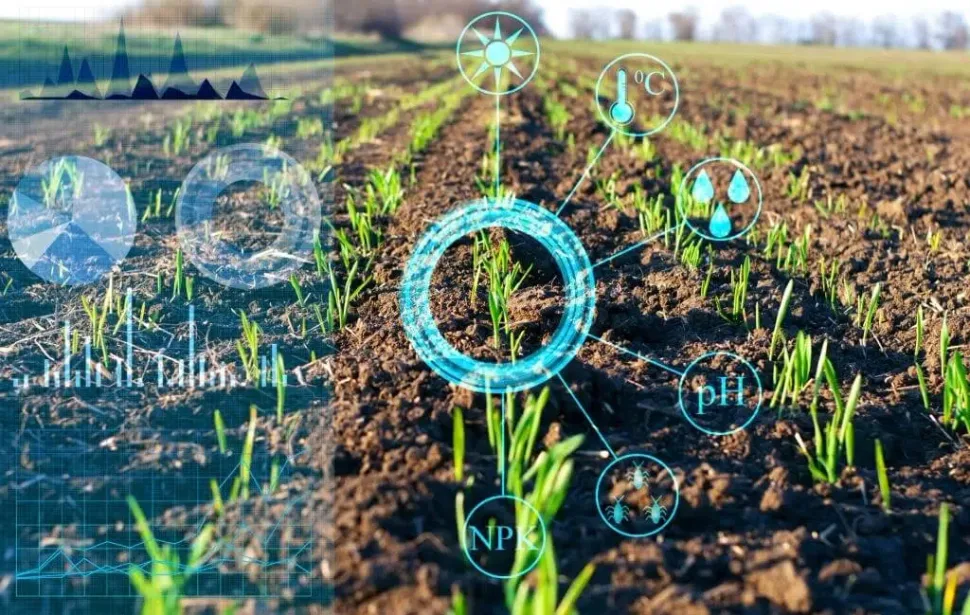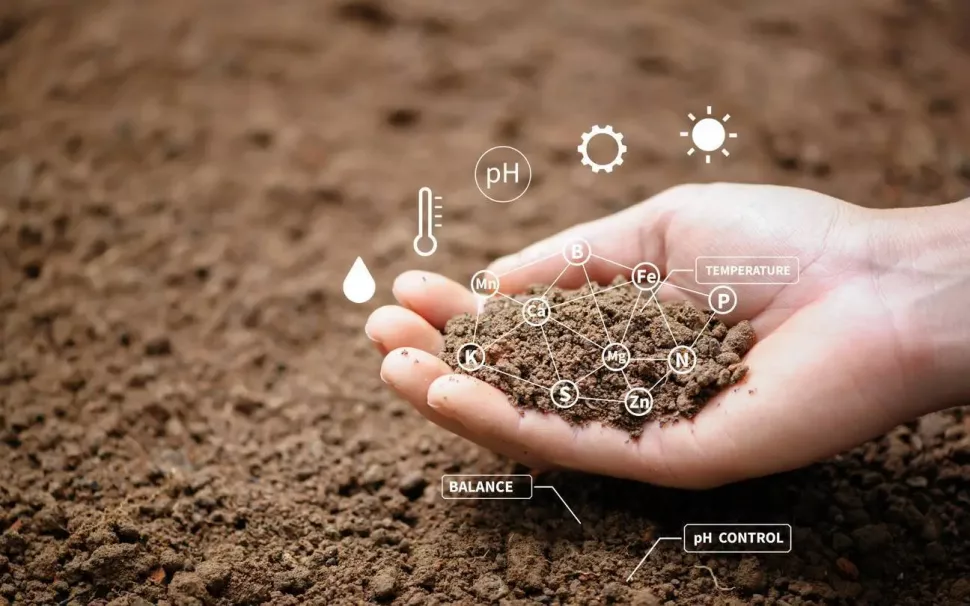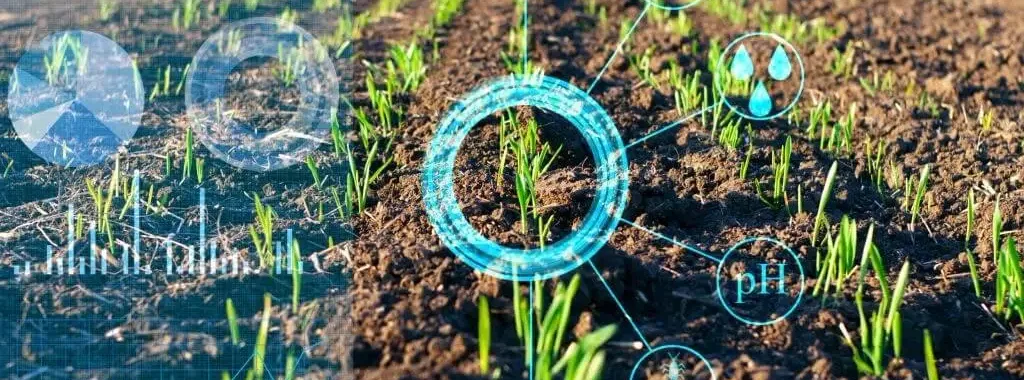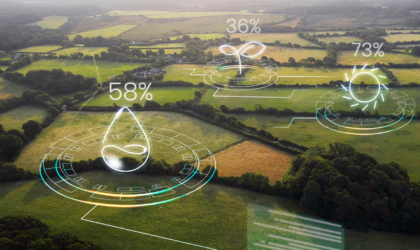The SOLNUM project, led by the H@rvest Alliance, aims to improve soil management in agriculture by integrating biological indicators and leveraging advancements in digital technology.

Project background :
Soil Study in Agriculture
Studying soil is crucial for effective crop management. Today, we have a relatively good understanding of the physical and chemical soils conditions, thanks to advancements and diversification in aerial surveying tools (such as connected sensors, drones, satellites) and the types of available imagery (including infrared, hyperspectral, and LiDAR). However, our knowledge of the biological condition of soils remains limited. Soils support a quarter of the Earth’s biodiversity and, through living organisms, provide a range of ecosystem services beyond primary production, such as nutrient recycling, water purification, hydrological regulation, and carbon sequestration.
Despite the importance of soil biodiversity, it is generally underconsidered in agricultural practices, mainly because the tools for measuring it are relatively recent and not widely accessible to farmers. Additionally, the high cost of analyses has prevented their widespread use across diverse regions with specific agronomic, pedological, and climatic characteristics.
Soil study in agriculture is essential
for effective crop management.

Projet objectives :
The goal of the SolNum project is to develop new tools for assessing soil condition, including biological aspects, by leveraging advancements in soil science, microbial ecology, imaging, artificial intelligence, and data management and processing. These new tools will be valuable for managing agricultural practices (such as fertilization, plant protection, and irrigation) and monitoring soil condition.
Expected outcomes :
The SolNum project aims to identify relevant indicators for assessing soil condition and to catalog existing digital technologies for measuring these indicators. This proof-of-concept project will guide the development of a more ambitious collaborative initiative, contributing to sustainable soil management and biodiversity preservation, and addressing the challenges of modern agriculture.


